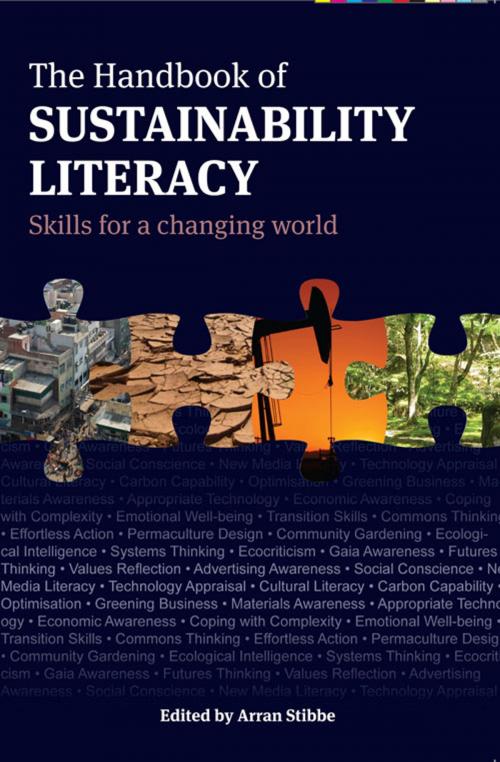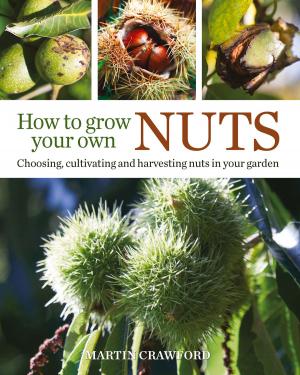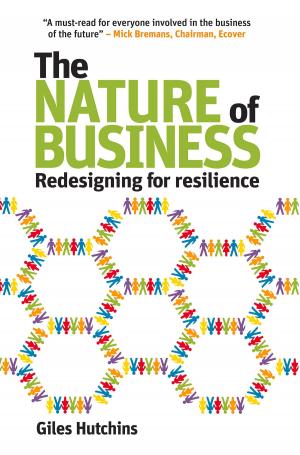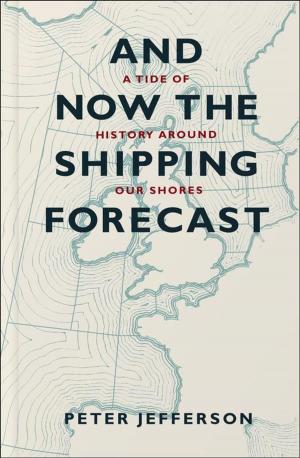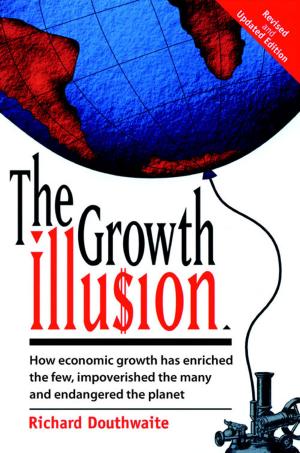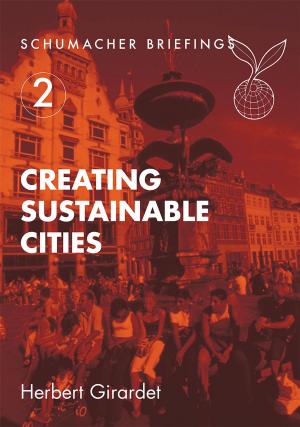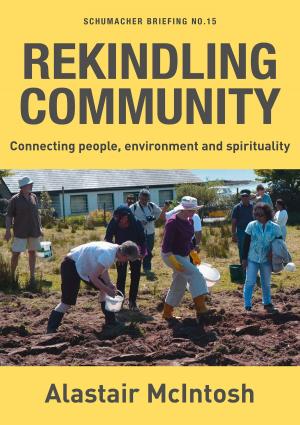Handbook of Sustainability Literacy
Skills for a Changing World
Nonfiction, Science & Nature, Science, Earth Sciences, Technology, Agriculture & Animal Husbandry| Author: | ISBN: | 9781907448652 | |
| Publisher: | UIT Cambridge Ltd. | Publication: | September 1, 2009 |
| Imprint: | Green Books | Language: | English |
| Author: | |
| ISBN: | 9781907448652 |
| Publisher: | UIT Cambridge Ltd. |
| Publication: | September 1, 2009 |
| Imprint: | Green Books |
| Language: | English |
A vital resource for sustainability educators and decision-makers, this groundbreaking book joins leading sustainability educators with permaculturists, literary critics, ecologists, artists, journalists, engineers, mathematicians, and philosophers in a deep reflection on the skills that people need to survive and thrive in the challenging conditions of the 21st century. Responding to the threats of climate change, peak oil, resource deletion, economic uncertainty, and energy insecurity demands the utmost in creativity, ingenuity, and new ways of thinking in order to reinvent self and society. Among the many skills, attributes, and values described in this volume are values reflection, coping with complexity, permaculture design, transition skills, advertising awareness, effortless action, and ecological intelligence, each accompanied by ideas for active learning exercises to help develop the skill. Far from being a rigid or definitive statement of the one right way, however, the handbook is exploratory, aiming to open up new, unthought-of paths, possibilities, and choices. It is intended for anyone interested in the literally vital issue of the skills we need to survive and thrive in the 21st century and build a more sustainable future. Contributors include John Naish, Satish Kumar, Patrick Whitefield, John Blewitt, Stephan Harding, and Stephen Sterling.
A vital resource for sustainability educators and decision-makers, this groundbreaking book joins leading sustainability educators with permaculturists, literary critics, ecologists, artists, journalists, engineers, mathematicians, and philosophers in a deep reflection on the skills that people need to survive and thrive in the challenging conditions of the 21st century. Responding to the threats of climate change, peak oil, resource deletion, economic uncertainty, and energy insecurity demands the utmost in creativity, ingenuity, and new ways of thinking in order to reinvent self and society. Among the many skills, attributes, and values described in this volume are values reflection, coping with complexity, permaculture design, transition skills, advertising awareness, effortless action, and ecological intelligence, each accompanied by ideas for active learning exercises to help develop the skill. Far from being a rigid or definitive statement of the one right way, however, the handbook is exploratory, aiming to open up new, unthought-of paths, possibilities, and choices. It is intended for anyone interested in the literally vital issue of the skills we need to survive and thrive in the 21st century and build a more sustainable future. Contributors include John Naish, Satish Kumar, Patrick Whitefield, John Blewitt, Stephan Harding, and Stephen Sterling.
